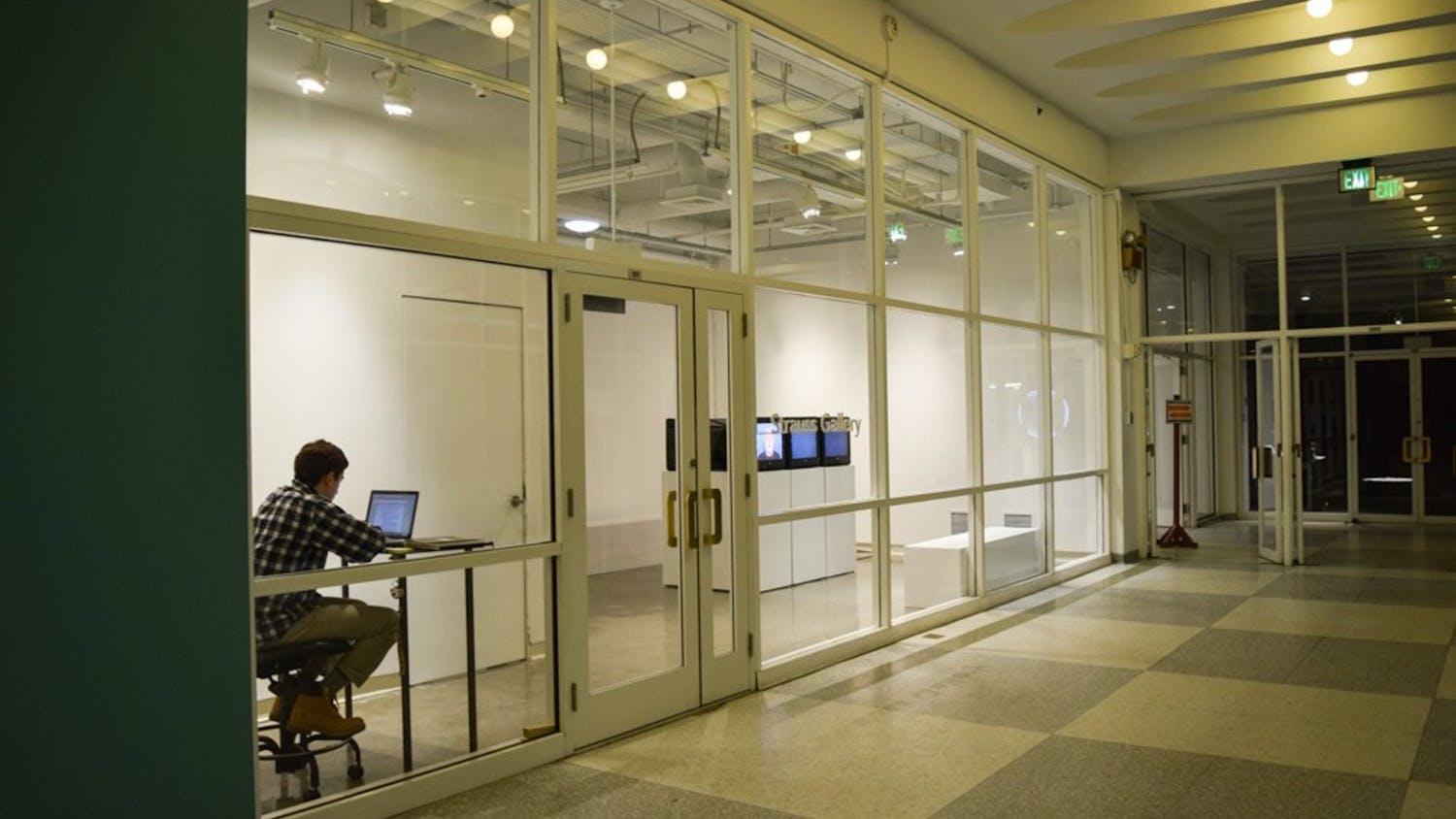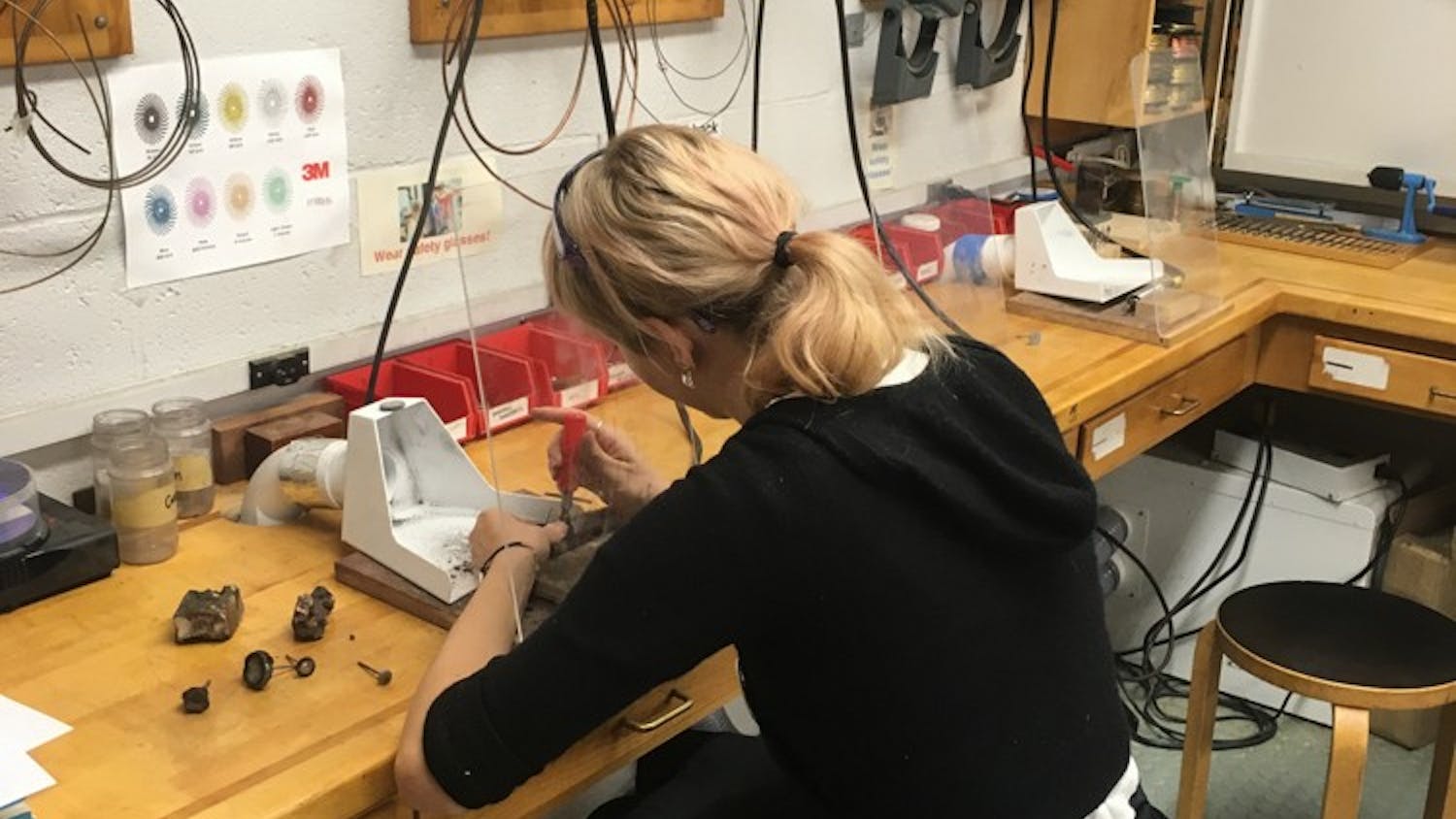As the academic year begins, every Dartmouth student faces a vastly different college experience, with performance groups, clubs and other extracurricular activities holding few in-person gatherings. For club sports, which rely on the physical presence and close contact of team members, transitioning to a remote format has proven especially difficult. Although some socially distanced physical practice has been deemed permissible under College guidelines, club sports participation this fall will still be almost unrecognizable.
Ever since campus was evacuated at the end of winter term, clubs have tried to continue operations through Zoom and other forms of remote communication. Events have included periodic virtual team meetings, game nights and unofficial local meetups.
Men’s club soccer captain Jackson Rich ’21 said he and his teammates occasionally had Zoom meetings and would watch or talk about professional soccer games.
“And then, if people were in the same area, although it wasn’t organized through club soccer, people would try to play with each other,” Rich said.
As the fall term approached, it became clear that remote activities would have to continue with social distancing requirements and limited numbers of club members on campus. According to the College’s club sports guidelines, phase one of the return-to-activity plan is set to begin as soon as the mandatory 14-day quarantine period ends on Sept. 28. During this phase, only masked individual conditioning is allowed. Teams will not be able to hold socially distanced practices in person, but are permitted to do workouts over Zoom.
If safety measures are successful, club sports can enter the second phase at some time — still unspecified — later in the term. Sport-specific drills, strength training and conditioning with physical distancing will be allowed, with groups limited to nine athletes. Game simulations and scrimmages, however, will still be prohibited. Each club will also have a physical education employee from the College present to maintain guidelines. However, since phase two will start in October at the earliest, limited daylight hours will further limit outdoor practices.
For some teams, these restrictions completely limit the ability to practice. Without shared equipment, the ability to travel to off-campus fields or on-campus student leadership, some teams have no choice but to stay remote for the time being.
“We're not going to be operating in the fall,” Rich said. “All of our leadership is off-campus right now, just because most people are either ’24s or ’22s.”
Transporting players on campus to and from Sachem Fields, an athletic facility five minutes away from campus where the team practices, is not allowed, so it did not make sense to run practices, Rich added.
Other sports require close physical contact for any type of practice. For example, keeping the required 10-foot radius between players makes the use of any court or rink impossible. Men’s club hockey player Scott Crawshaw ’22 described the social distancing requirement as a roadblock to any practices this fall or perhaps winter.
“The problem is that during that phase where you can use shared equipment you still have to be socially distanced and wearing masks, which is pretty tough for us from a hockey perspective,” Crawshaw said. “The rink is already so small, that it's really hard to have a situation where everyone constantly remains 10 feet from each other.”
Another problem for club sports to face this fall is the question of recruiting incoming freshmen. Although the teams were able to participate in the virtual student involvement fair at the beginning of the term, tryouts will have to wait until normal group activities are allowed. According to Crawshaw, the freshmen who joined teams during the fair had likely been planning on doing so for weeks beforehand. Crawshaw added that freshmen are less eager to try something new over a remote format, and because of this recruitment numbers have been lower.
“We had significantly less freshmen who have shown interest than we've ever had,” Crawshaw said. “I mean, normally, we have about, I'd say, eight or nine freshmen every year, who are interested in playing, and then we have a tryout process and we cut some of them and all that. But at the moment, we have, I think, four, so it's a shockingly low turnout. And I'm not sure if that's just pure luck of the draw, or if that has something to do with COVID.”
The athletics office is working to help teams adapt to this new term. Special considerations can be given to certain club activities, but the decisions will continue to stem from the COVID-19 restrictions instituted by the Dartmouth COVID-19 task force and the Ivy League.
“We have been communicating regularly with our club sport leaders to help them formulate their plan for this fall — whether they set up virtual activities for their club or approved in-person opportunities once the quarantine period has been completed,” associate athletics director for intramurals and club sports Heather Somers wrote in an email statement.
During the winter and spring, if conditions continue to improve, teams may be able to hold tryouts and resume practice. The competitive season for many teams, however, is unlikely to occur. An uncertain future coupled with differing school responses to the pandemic will make any organized intercollegiate club competition a challenge. If anything, club sports may be able to attend small, local competitions, but even these are highly dependent on Dartmouth administrative policy.
“The league that we play in is really, really trying to push the teams to commit to games in the winter,” Crawshaw said. “Obviously, we kind of just have to go to the discretion of Dartmouth … I think that the league is going to happen, but we might not be participating because of Dartmouth’s regulations.”
Whenever practices do return, they will likely still have some restrictions involved. But for the athletes involved in club sports communities on campus, any form of normalcy will be welcomed.




